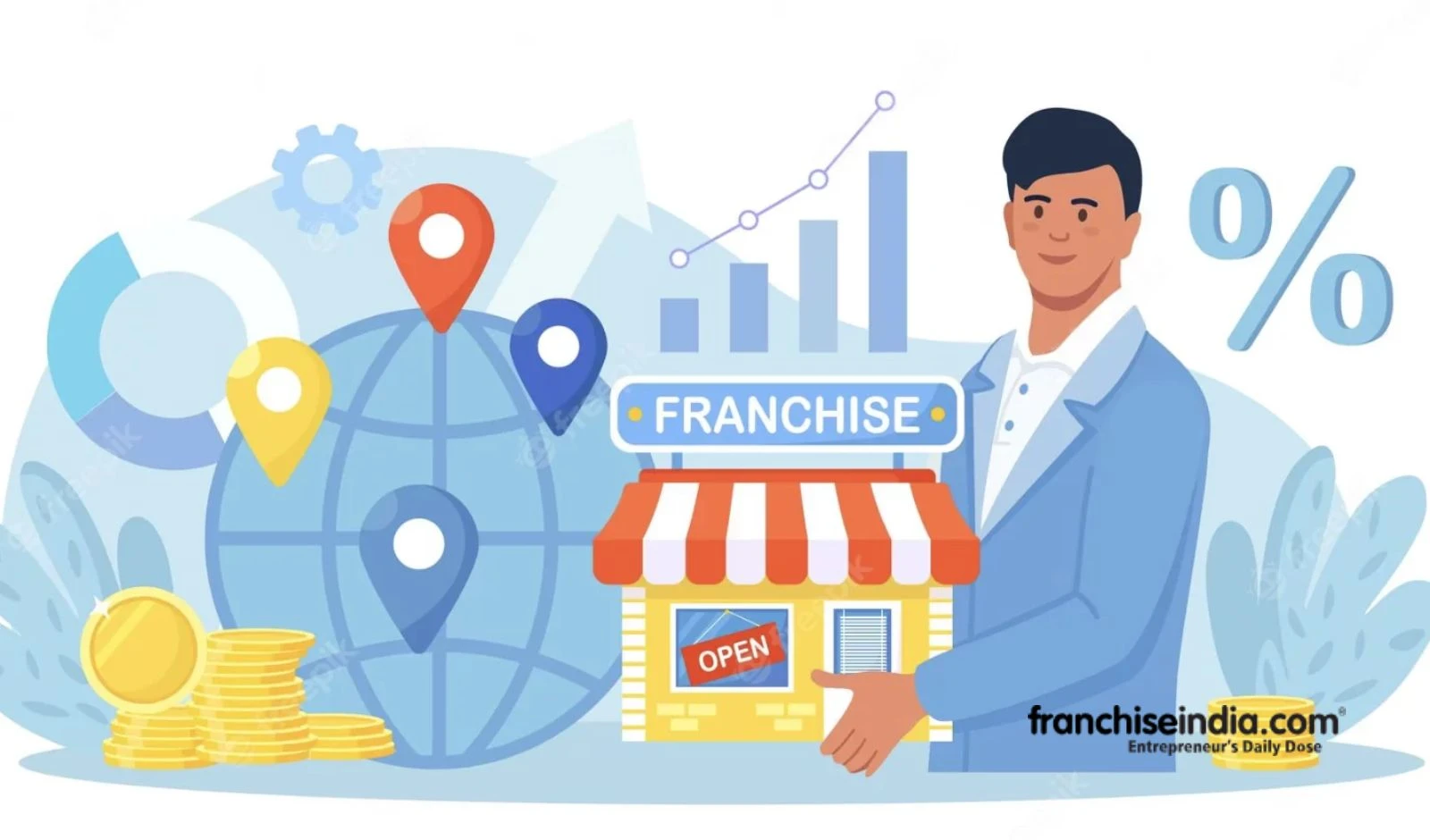
Franchising is one of the best business-starting options with reduced risk and increased assistance. Rather than creating a brand new name, you work under an established name with existing systems, customer loyalty, and regular support. But before you jump in, it's worth knowing what kind of franchise model you are joining.
In India and across the world, franchise types are divided into three broad categories: FOCO (Franchise Owned, Company Operated), FOFO (Franchise Owned, Franchise Operated), and COCO (Company Owned, Company Operated). Each type has its own control, investment, and involvement.
This blog explains these models, their advantages and disadvantages, and assists you in making a decision as to which one best suits your aspirations, finances, and lifestyle.
Understanding FOCO, FOFO, and COCO Franchise Models
These acronyms indicate who owns and who runs the franchise outlet:
FOCO – Franchise Owned, Company Operated
Here, you (the franchisee) invest in the outlet, but the company operates it. You own the physical infrastructure, but the brand is responsible for all the rest from staffing to day-to-day operations.
Best for: Passive investors who desire returns without having to work daily
Advantages:
- Low operational stress
- Professional management by the brand
- Guaranteed returns
FOFO – Franchise Owned, Franchise Operated
You invest and run the outlet here. The company gives you branding, training, and support, but you do everything—staffing, inventory, customer care, and profits.
Best for: Hands-on entrepreneurs who need control
Pros:
- Full ownership and profit potential
- Flexibility in operations (within brand guidelines)
- Direct customer interaction
COCO – Company Owned, Company Operated
This is a company-owned and -operated non-franchise model. You don't operate or invest—these are owned and operated by the brand.
Best for: Direct expansion by the brand without using franchise partners
Strengths:
- Complete control for the company
- Consistent quality and service
| Feature | FOCO | FOFO | COCO |
|---|---|---|---|
| Ownership | Franchisee | Franchisee | Company |
| Operations | Company | Franchisee | Company |
| Investment | Franchisee | Franchisee | Company |
| Control | Low | High | Full (by company) |
| Risk | Low | Medium–High | High (for company) |
| Profit Potential | Fixed returns | Full profit potential | Company earns all profits |
| Ideal For | Passive investors | Active entrepreneurs | Brand-led expansion |
How to Select the Appropriate Franchise Model
Following are some important questions to assist you in making a decision:
1. What's Your Investment Ability?
- Low to Medium Budget: FOFO is perfect—you have control over operations and profits
- Medium to High Budget: FOCO is for passive investors seeking fixed returns
- No role in investment: COCO is not for franchisees—it's company-owned
2. How Much Time Can You Dedicate?
- Full-time participation: FOFO offers complete control
- Limited time or other commitments: FOCO allows you to make money without dealing with daily operations
3. What Are Your Business Objectives?
- Wish to create and expand your own outlet: FOFO is ideal
- Wish to get stable returns with less effort: FOCO is the way
- Wish to work with a brand or run company outlets: COCO might provide employment, not ownership
Pros and Cons Summary
.jpg)
FOCO
Pros:
- Hassle-free income
- Professional management
- Brand consistency
Cons:
- No operational control
- Fixed returns (not scalable)
- Limited learning opportunity
FOFO
Pros:
- Full profit potential
- Entrepreneurial freedom
- Customer engagement
Cons:
- Requires time and effort
- Operational risks
- Dependent on your skills
COCO
Pros:
- Brand maintains quality
- No franchise risk
- Ideal for flagship stores
Cons:
- No franchise opportunity
- High capital for brand
- Slower expansion
Common Mistakes to Avoid
Selecting FOCO with the hope of rapid growth: FOCO provides fixed returns, not scalable profits
Underestimating effort required in FOFO: It takes full-time attention and good management
Mixing COCO with franchise opportunity: COCO is owned by the brand and not available for franchisees
Ignoring where and market fit: Even the greatest model will fail in the wrong location
Bypassing due diligence: Always speak with current franchisees and read the contract thoroughly
Last Thoughts
Selecting the proper franchise business model is selecting the proper path for your trip. FOCO is best for investors desiring stable returns without day-to-day worry. FOFO is best for entrepreneurs seeking complete control and maximum profits. COCO is best for brands that wish to have direct ownership and management.
By learning about the contrasts between them, you can match your selection to your aspirations, way of life, and means. If you desire to operate one outlet, expand within regions, or invest passively, there exists a model that suits your vision.
Invest some time in weighing your strengths, budget, and long-term goals. Under the proper model, franchising will become your door to wealth freedom, business development, and leaving a legacy.
FAQ
1. Which franchise model is better for scaling across multiple cities?
FOFO is generally more scalable for entrepreneurs who want to expand regionally or nationally. It allows you to replicate your success across outlets while maintaining operational control.
2. Are there hybrid franchise models that combine FOFO and FOCO?
Yes, some brands offer hybrid models where franchisees operate some outlets (FOFO) and invest passively in others (FOCO). These are usually offered to experienced partners or multi-unit owners.
3. What kind of legal protections should I look for in each model?
Ensure your agreement includes clear terms on territory rights, renewal conditions, exit clauses, and dispute resolution. FOCO models should specify return guarantees, while FOFO models must outline operational boundaries.

